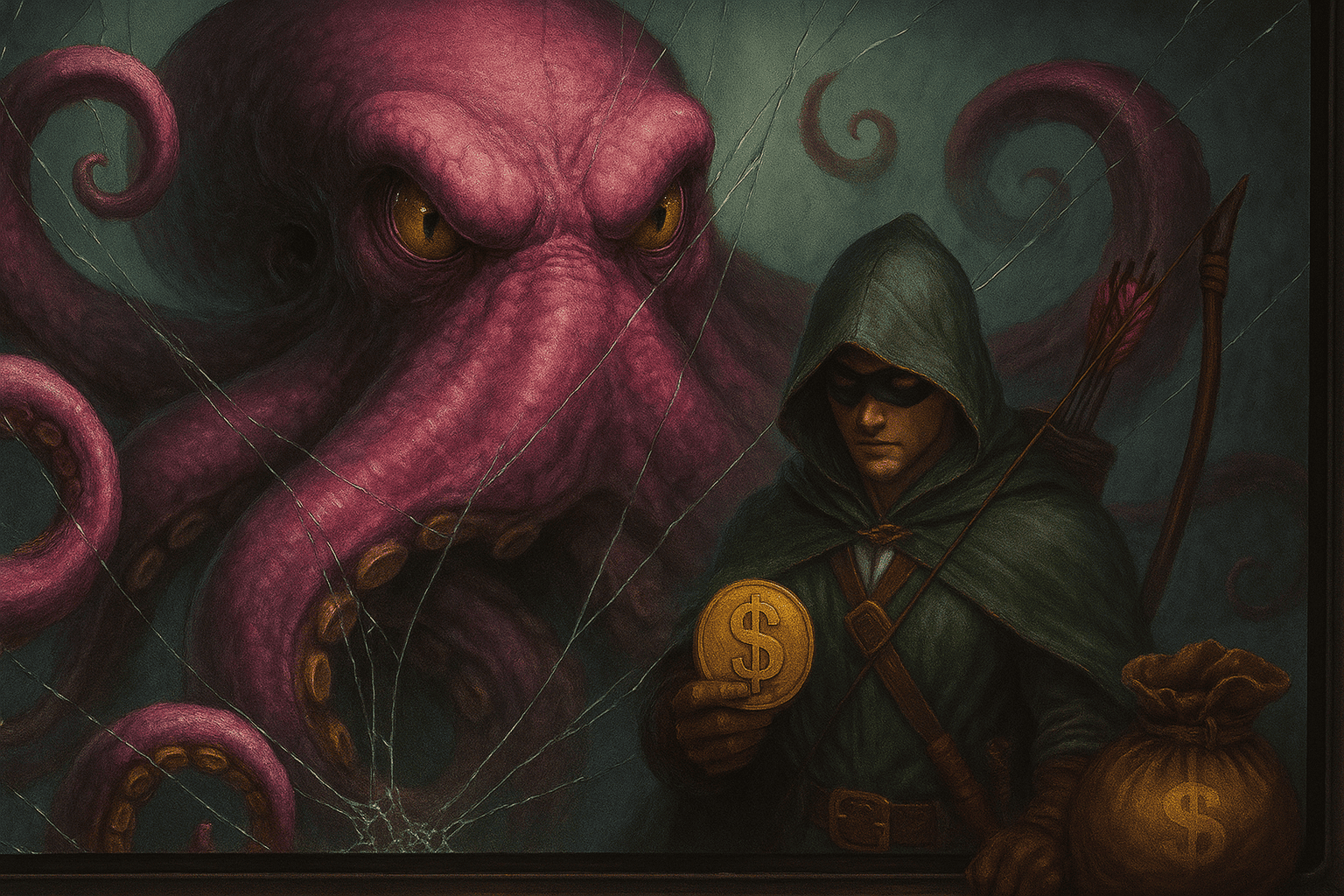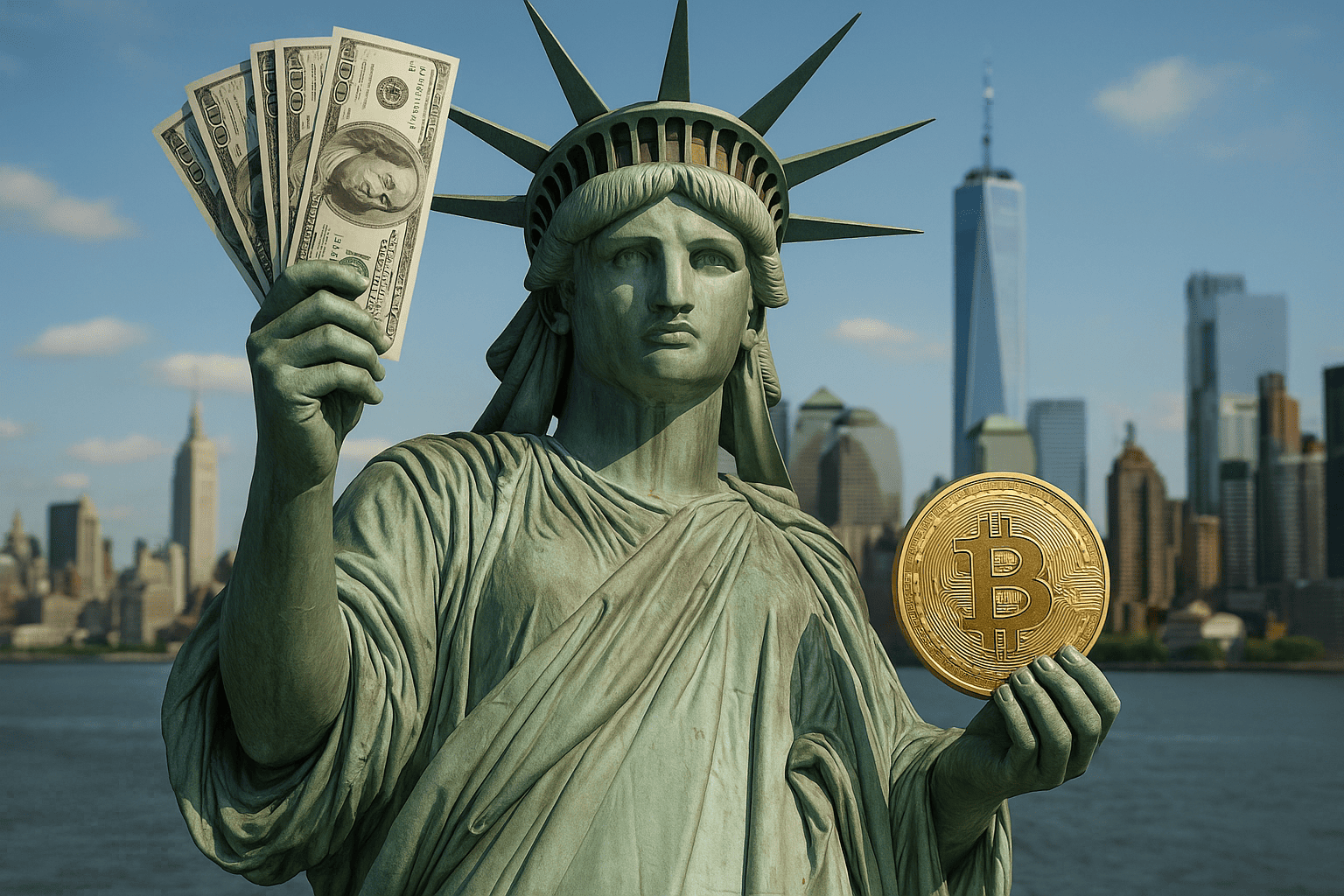Popular cryptos
Enjin Coin
Download app Ironwallet and get tool for making transaction without network fee
About Enjin Coin
Enjin Coin, leveraging the Ethereum blockchain, powers the Enjin Network—a thriving ecosystem for 20 million gamers and over 250,000 gaming groups. It’s designed to enrich the gaming experience by allowing developers to assign real value to in-game items through tokenization, notably NFTs, backed by ENJ. This enables players to own, trade, and utilize these digital assets seamlessly across various games. Moreover, Enjin offers a comprehensive toolkit for businesses aiming to venture into blockchain innovations, making it a pivotal platform for the gaming community and beyond.
What is Enjin?
Enjin represents a comprehensive ecosystem aimed at facilitating the creation, management, and utilization of digital assets on the blockchain. With a focus that spans gaming and business applications, it enables users to mint digital assets backed by ENJ, the platform’s native cryptocurrency, which was launched via a successful ICO in 2017, though its roots trace back to a gaming community platform initiated in 2009.
Notably, the platform supports a wide array of use cases, from NFTs for digital art and collectibles to cross-game items and even tokenizing tangible assets like real estate. It has become especially valuable in connecting over 20 million gamers, particularly within the Minecraft community, fostering strong, interconnected networks.
With Enjin, the goal has been clear: democratize access to blockchain technology, making it straightforward for anyone to engage with digital tokenization, regardless of their technical expertise. This vision has been propelled forward by leveraging a user-centric approach, with the platform offering an extensive set of tools to navigate the blockchain landscape effortlessly.
Origin and History
Founded in 2009 by Maxim Blagov and Witek Radomski, Enjin began as a platform for gaming communities. Blagov, serving as CEO, shaped its creative vision, while Radomski, as CTO, spearheaded the technical evolution. The team’s pivot toward blockchain was inspired by Radomski’s fascination with Bitcoin in 2012, leading to a significant shift towards tokenized digital assets.
Radomski’s notable contribution includes authoring the ERC-1155 token standard in 2018 on the Ethereum network. This innovation facilitates the creation of a wide variety of tokens, enhancing the platform’s versatility in digital asset management.
Enjin’s ambitious venture into blockchain culminated in a successful ICO in 2017, raising $18.9 million, setting the stage for the platform’s future developments. By 2019, this vision had expanded with the launch of the Enjin Marketplace, marking a new era for the platform in facilitating the trade of digital assets.
How Does Enjin Work?
Enjin operates on the Ethereum network as an ERC20 token, offering smart contract capabilities alongside transactions. It’s noteworthy for its early experiments with Ethereum’s Raiden Network, though it has since shifted focus towards Efinity, its own bespoke scaling solution.
At its core, Enjin facilitates the creation and management of virtual goods through its API and development kits. This feature allows developers to mint their own tokens backed by Enjin Coin (ENJ), streamlining the integration of cryptocurrencies into gaming and enhancing gamification. The process of minting with Enjin removes ENJ tokens from circulation and locks them into the created assets, thereby ensuring both scarcity and utility for the token.
Enjin’s toolkit includes multiple software development kits (SDKs) for platforms like Unity, Java, and Godot, making it simpler for developers to weave blockchain technology into their games or initiate new projects. Its offerings also extend to an online marketplace boasting over 10 million digital items, facilitating the buying, selling, and discovery of unique blockchain assets.
Additionally, Enjin Beam enables effortless distribution of NFTs/FTs via QR codes, and its smart wallet—downloaded over a million times—integrates seamlessly with games and apps, providing a robust solution for managing blockchain assets. The upcoming Efinity product promises to further enhance the platform by enabling rapid, cost-free transactions for ERC-20 and ERC-1155 tokens, showcasing Enjin’s continuous innovation in blockchain technology and digital asset management.
What is the Enjin Coin (ENJ)?
Enjin Coin (ENJ) serves as the cornerstone of the Enjin ecosystem, a versatile token based on the Ethereum blockchain, designed to bridge gaming platforms with real-world value through its ERC-20 compatibility. With a finite supply of 1 billion ENJ tokens, it underpins the creation, valuation, and circulation of in-game assets.
The unique minting process of ENJ allows developers to infuse real value into digital items by locking ENJ into smart contracts. This not only attributes tangible worth to virtual goods but also enables players to engage with these assets in meaningful ways—utilizing them within games, or trading and selling them for ENJ, mirroring their minting value. A distinctive feature of this ecosystem is the “melting” process, where selling an item effectively destroys it, releasing the locked ENJ back to the seller, ensuring a dynamic and value-driven interaction within the Enjin platform.
Partnerships
Enjin’s versatility is showcased through its collaborations with leading global brands, demonstrating its broad applicability across industries:
- Atari leveraged Enjin to bring its legendary gaming brand into the blockchain realm within the ENJ ecosystem.
- BMW utilized Enjin for the BMW Vantage app, allowing users to exchange BMW Coin rewards for Enjin Coin.
- Microsoft adopted Enjin technology for Azure Heroes, a social rewards initiative.
- Samsung integrated the Enjin Wallet with its Blockchain Keystore on the S10, enhancing mobile crypto asset management.
- Unity and Enjin’s partnership resulted in an SDK, simplifying blockchain integration for Unity’s vast developer community.
- Aave Protocol marked Enjin’s entry into decentralized finance (DeFi), offering ENJ token holders the opportunity to earn interest.
By December 2020, Enjin had welcomed over 35 app and game developers into its Enjin Adopter program, facilitating their journey in blockchain game development. Additionally, cryptocurrency platforms like Kriptomat, Binance, Kyber, Changelly, and Swissborg have utilized Enjin’s offerings to create engaging, blockchain-driven marketing campaigns and user experiences.
Is ENJ a good investment?
Enjin and its ENJ token are at the forefront of the transformative wave sweeping through digital ecosystems, leveraging NFTs to redefine gaming and virtual economies. This unique position not only appeals to users and businesses but also positions ENJ as a pivotal asset in the burgeoning metaverse.
As the virtual economy expands, the demand for ENJ, underpinned by its limited supply of 1 billion tokens, is expected to rise—potentially increasing its value. This demand is driven by Enjin’s ability to facilitate the creation of NFTs, locking value in ENJ until these digital assets are sold, creating a dynamic of scarcity and demand.
Enjin’s recognition extends beyond the gaming world. It has been acknowledged by the United Nations Global Compact for its potential to leverage NFTs in fostering sustainability and equality. Moreover, ENJ made history in Japan, becoming the first gaming token approved for trading, underscoring its regulatory compliance and market potential.
Committed to environmental responsibility, Enjin aims for carbon-neutral NFTs by 2030, enhancing its appeal to eco-conscious investors. With its capped supply, Enjin not only offers a hedge against inflation but also provides a gateway to an expanding ecosystem of innovation. For investors eyeing the future of digital asset trading, ENJ represents a unique opportunity, anchored in technological excellence and a vision for a sustainable, inclusive digital economy.





















